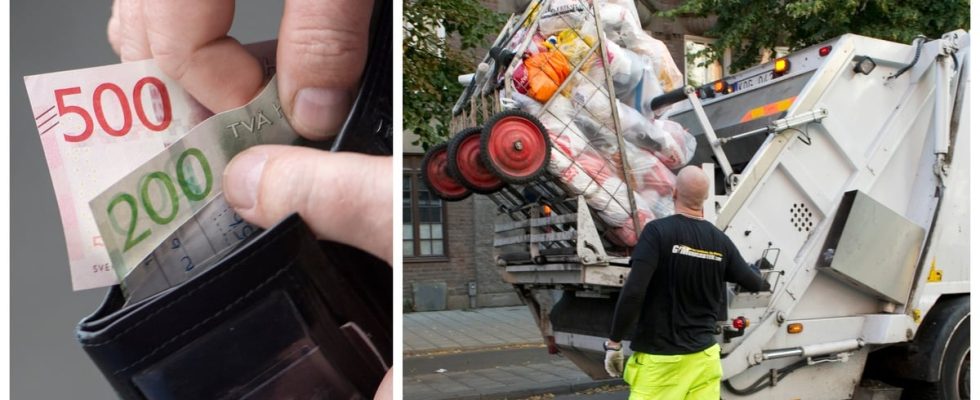New year, new regulations. Yes, that’s about it actually. During 2024, several new laws, regulations and requirements will be added.
Among other things, there will be a new requirement for separate sorting and collection of bio-waste, which is a change in the so-called waste regulation.
– The same requirements are set throughout the EU and in Sweden it is therefore in the waste regulation that the regulations have been introduced, states Milla Sundströmmanager at the waste and chemicals unit at The Swedish Environmental Protection Agencyin an interview with News24.
What is biowaste and how should it be sorted?
But what is bio-waste and what does the requirement, which states that bio-waste must be sorted separately, really mean for private individuals?
– That those who do not already sort out their food or kitchen waste, formerly known as food waste, must start doing so. Even garden or park waste must be sorted out and either composted or handed over to the municipality’s collection system, explains Milla Sundström and continues:
– Since the municipality is responsible for the collection, the municipality also informs about how the collection should be done in practice and usually private individuals receive all the equipment and information needed for collection from the municipality.
Photo: Henrik Montgomery/TT Missorting can lead to a fine
Penalties can await those who are careless with sorting, says Milla Sundström.
– It is the local supervisory authority, the environmental committee or the equivalent in the municipality, which has the opportunity to demand correction and to demand a fine if necessary. The municipality may also have the option of charging a missorting fee.
The requirement comes into force on 1 January 2024.
